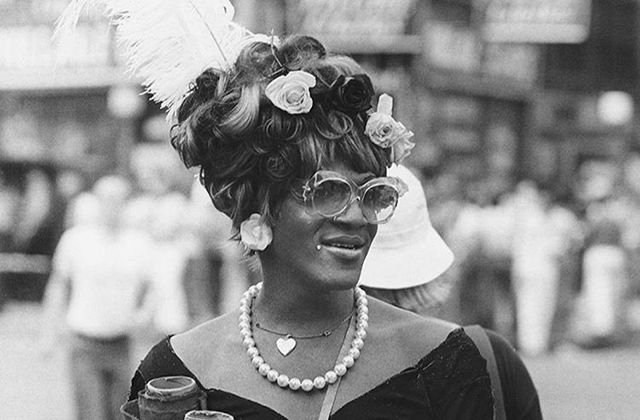The Vital Nexus of Pride & Juneteenth
THIS IS PART OF JUNE’S “OUR PUBLIC MEMORY” PIES INTELLECTUAL PRACTICE ON POLITICIZING OUR EXPERIENCES. IF YOU MISSED THIS NEWSLETTER, READ IT HERE.
Tippman98x/Shutterstock.com
The Stonewall Riots wouldn’t have been possible without Juneteenth. Let’s marinate on that a bit.
Juneteenth commemorates the emancipation of the last known slaves in Galveston, Texas on June 19th, 1865, several years after the Emancipation Proclamation and a few months after the end of the Civil War. The day was officially announced as a federal holiday in 2021.
Courtesy of Marsha P. Johnson Institute, via Twitter (@MPJInstitute)
Pride Month, enacted by President Bill Clinton in 1990, is the commemoration of the Stonewall Riots, one of the most significant events in LGTBQ history. Marsha P. Johnson, a Black trans activist, led the movement with Sylvia Rivera on June 28, 1969 against NYPD brutality.
We don’t often talk about the events that happened after Stonewall that led to lasting change. Johnson and Rivera began STAR (Street Transvestite Action Revolutionaries) which advocated for and sheltered LGBTQ youth.
We also don’t talk enough about how Black LGBTQ (particularly Black trans women) folks continue to feel excluded in the movement, even though queer people of color led the way. The same could be said about Black-led movements that fall prey to heteronormativity and transphobia.
The LGBTQ movement has been shown to erase Blackness and the Black civil rights movement has been shown to erase queerness. This is just another reason why it’s important we talk about the intersection of Juneteenth and Pride.
We cannot separate these two celebrations without alienating the Black LGBTQ community who often don’t feel fully seen and safe in either space. It’s vital we elevate the experiences of the Black queer community in celebrating both Juneteenth and Pride.


